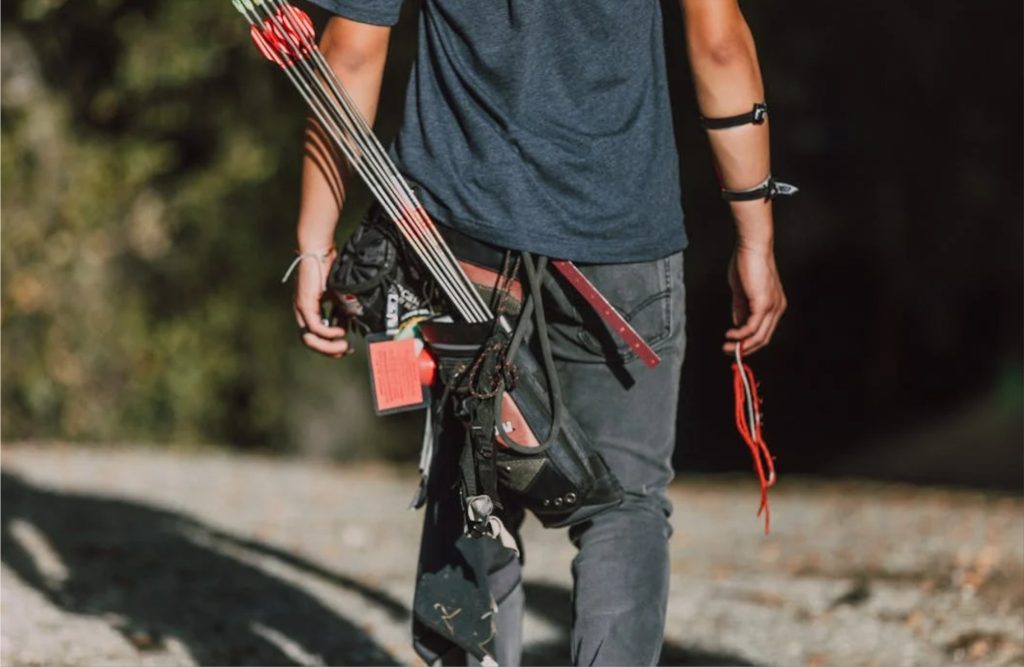There are certain things that should be done to increase your chances of bowhunting success like using the right equipment, making sure your bow is tuned correctly, approaching downwind and good shot placement. What follows are some less well known strategies and tricks which may increase your chances even more.
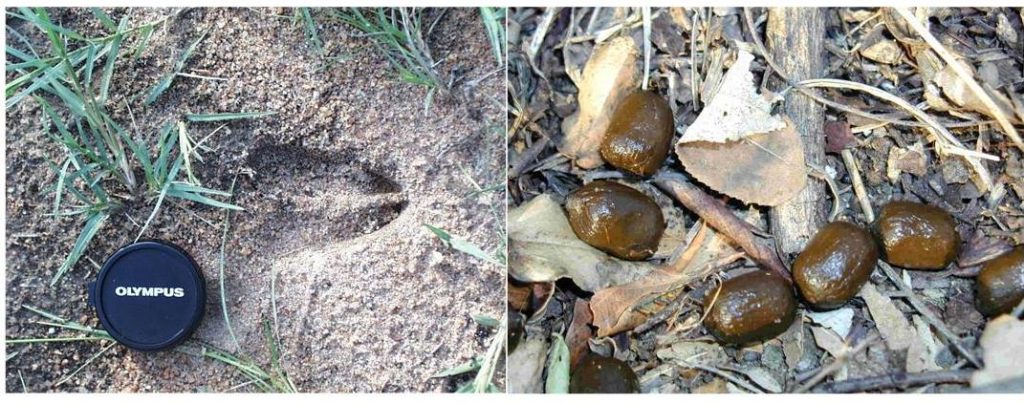
You won’t find animals that are not there
Sometimes hunters will search for hours or days without even catching a glimpse of an animal. That’s usually because they are not there. Animals are pretty selective when it comes to their choice of habitat so make sure you are looking in the right sort of places for the species you are hunting. Animals always leave sign behind and by knowing what sign to look, smell, and listen for you should soon realize if the animals you are hunting are in the vicinity or not (Figure 1). If there is no sign such as scats, tracks, marking, vocalization etc. it is a pretty reliable indication that the animals are not in the area you are hunting.
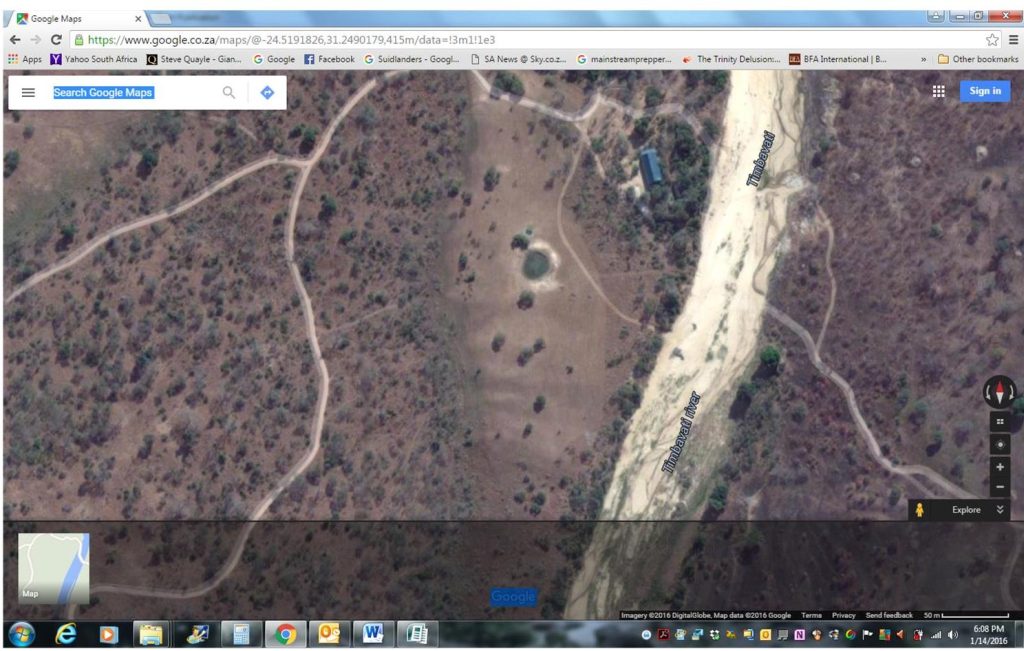
Scout with Google earth
You usually know where you are going to go hunting but may not be familiar with the actual terrain. Do a reconnaissance with the help of Google earth (Figure 2). You can get a pretty good lie of the land before you even get there and may also be able to identify the types of habitat that will be frequented by different species, water points, seasonal pans, drainage lines, high vantage points and so on. If you have an idea of the lay of the land you can save yourself from hunting unproductive areas.
Hunt in the rain and on windy days
Many hunters don’t go hunting or return back to camp when it rains or it becomes very windy. These can however be very productive times to hunt because animals will also look for shelter and cover and lie up until the weather improves. If you know the right places to look, the wind (if it blows from a constant direction) can greatly assist you by keeping your scent away from the animals and the wet grass and undergrowth will enable you to stalk more quietly.
Shoot or move when you cannot see the animal’s eyes.
Wait until it is looking away from you or the head is hidden behind a tree trunk or bush before you move or draw your bow. Chances are if you can see the animal’s eyes it can see you or will quickly detect any movement (Figure 3).
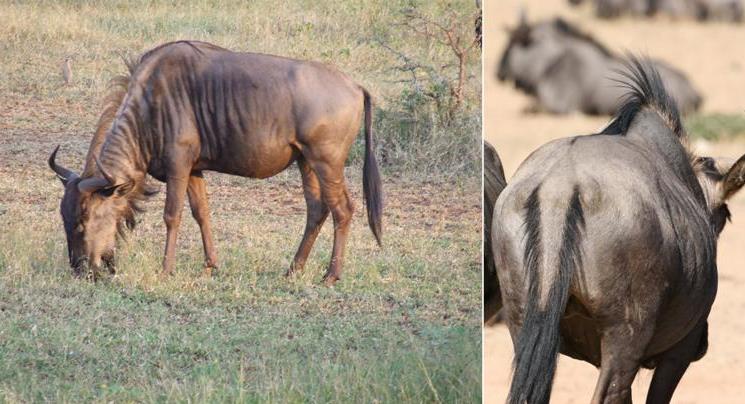
Mimic guineafowl
Animals are aware of their surroundings. They are aware of movements, smell and sounds. They know when a bird or monkey gives an alarm call or when croaking frogs suddenly go silent. They are also aware of the sounds that indicate that all is well. Guineafowl have a raucous alarm call that will quickly put animals on high alert or send them into headlong flight.
The same birds also have a soft “peeping” sound (click on play to hear it) when they are contented and there is no perceived danger (Figure 4). Animals that associate with guineafowl are calmed by this content call. If you are hunting and animals show signs of becoming nervous or restless, mimic this guineafowl call (quite easy to mimic if you know the sound) and the animals will quickly calm down believing that guineafowl nearby have detected no danger and are content.
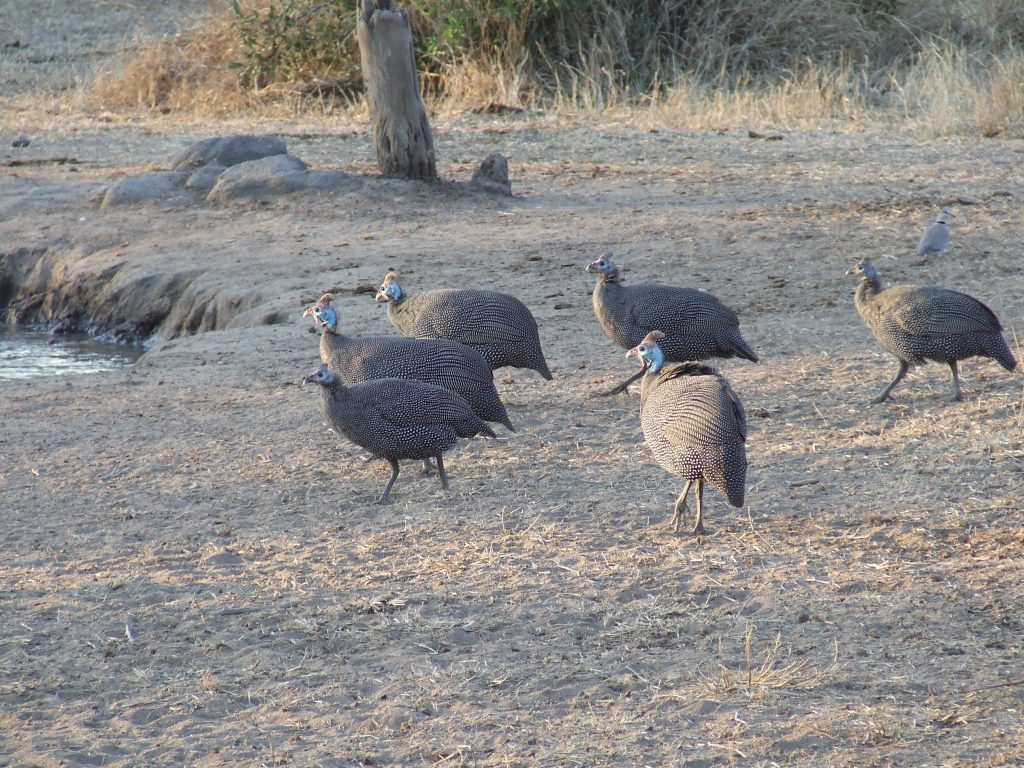
Rutting behaviour
Animals such as impala become reckless during the rutt. Mimicking the harsh, explosive, “pshhh” nasal snort of a rutting impala often has rival rams in the vicinity coming to investigate, approaching often to within comfortable bow range and, if you are well camouflaged give you an opportunity for a shot.
Warthog – crawl and grunt
Appealing to animal curiosity can sometimes induce them to come close enough to get a shot. Warthog spook easily – especially if you are standing upright. If however you go down on all fours and make a soft grunting noise it will often arouse their curiosity and induce them to come closer to investigate affording you the opportunity for a shot.
Hunt at midday
Hunters often return to camp at around midday when it gets hot for a cool drink and a meal. They lose out on what can sometimes be a very productive hunting period of the day. Animals will not be walking around and will frequently lie up in the shade where they will ruminate, rest and sleep – often letting their guard down. When their guard is down it makes it easier for you to stalk up close. The wind often dies down at midday which reduces the chances of you being scented by your quarry.
Hunt alone
People together are inclined to talk and distract each other. The sound of human voices will quickly be detected by animals and they will move off. If you hunt alone there is less chance of making noise and you will also remain more focused.
Trophy animals require unusual tactics
Trophy animals become trophies because they are wiser. They have learned from life’s lessons and often have adopted unusual or out of the ordinary behaviour patterns. They behave differently and are more elusive. They be active when others of their kind are resting or drink at night when others drink during daylight hours. They may even frequent habitat that they would, under normal circumstances, avoid. What this means is that if you are hunting a trophy you may have to make use of unusual tactics.

